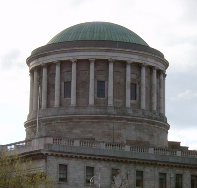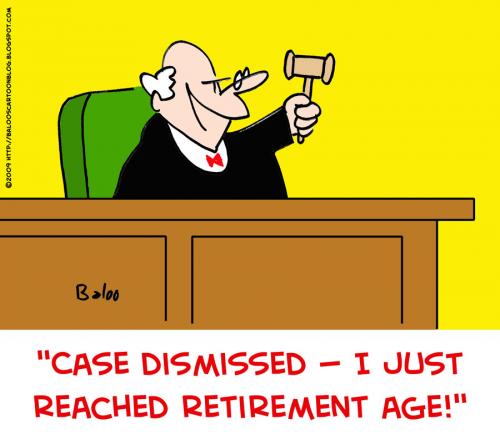Another twist in the tale of the Defamation Bill
 The saga of the Defamation Bill, 2006 is not over yet. Article 26 of Bunreacht na hÉireann (the Irish Constitution) allows the President, after consultation with Council of State, to refer a Bill to the Supreme Court for a determination of its constitutionality. President McAleese has chosen to convene the Council of State to advise her on the qustion of whether to refer not only the (controversial) Criminal Justice (Amendment) Bill, 2009 (an unsurprising move) but also the (equally controversial) blasphemy elements of the Defamation Bill, 2006 (which has come as a great surprise). (See Belfast Telegraph | BreakingNews.ie | Bock the Robber | ICCL | Irish Emigrant | Irish Independent | RTÉ news | Irish Times | PA | Slugger O’Toole. Update (18 July 2009): see also Irish Examiner | Irish Times here and here | Irish Independent | MediaWatchWatch).
The saga of the Defamation Bill, 2006 is not over yet. Article 26 of Bunreacht na hÉireann (the Irish Constitution) allows the President, after consultation with Council of State, to refer a Bill to the Supreme Court for a determination of its constitutionality. President McAleese has chosen to convene the Council of State to advise her on the qustion of whether to refer not only the (controversial) Criminal Justice (Amendment) Bill, 2009 (an unsurprising move) but also the (equally controversial) blasphemy elements of the Defamation Bill, 2006 (which has come as a great surprise). (See Belfast Telegraph | BreakingNews.ie | Bock the Robber | ICCL | Irish Emigrant | Irish Independent | RTÉ news | Irish Times | PA | Slugger O’Toole. Update (18 July 2009): see also Irish Examiner | Irish Times here and here | Irish Independent | MediaWatchWatch).
There have been 15 such references to date. If the Court holds that a Bill is unconstitutional, the President must decline to sign it; whilst if the Court decides a Bill is constitutional, the President must sign it into law, and the resulting Act is immune from constitutional challenge in the future.…





